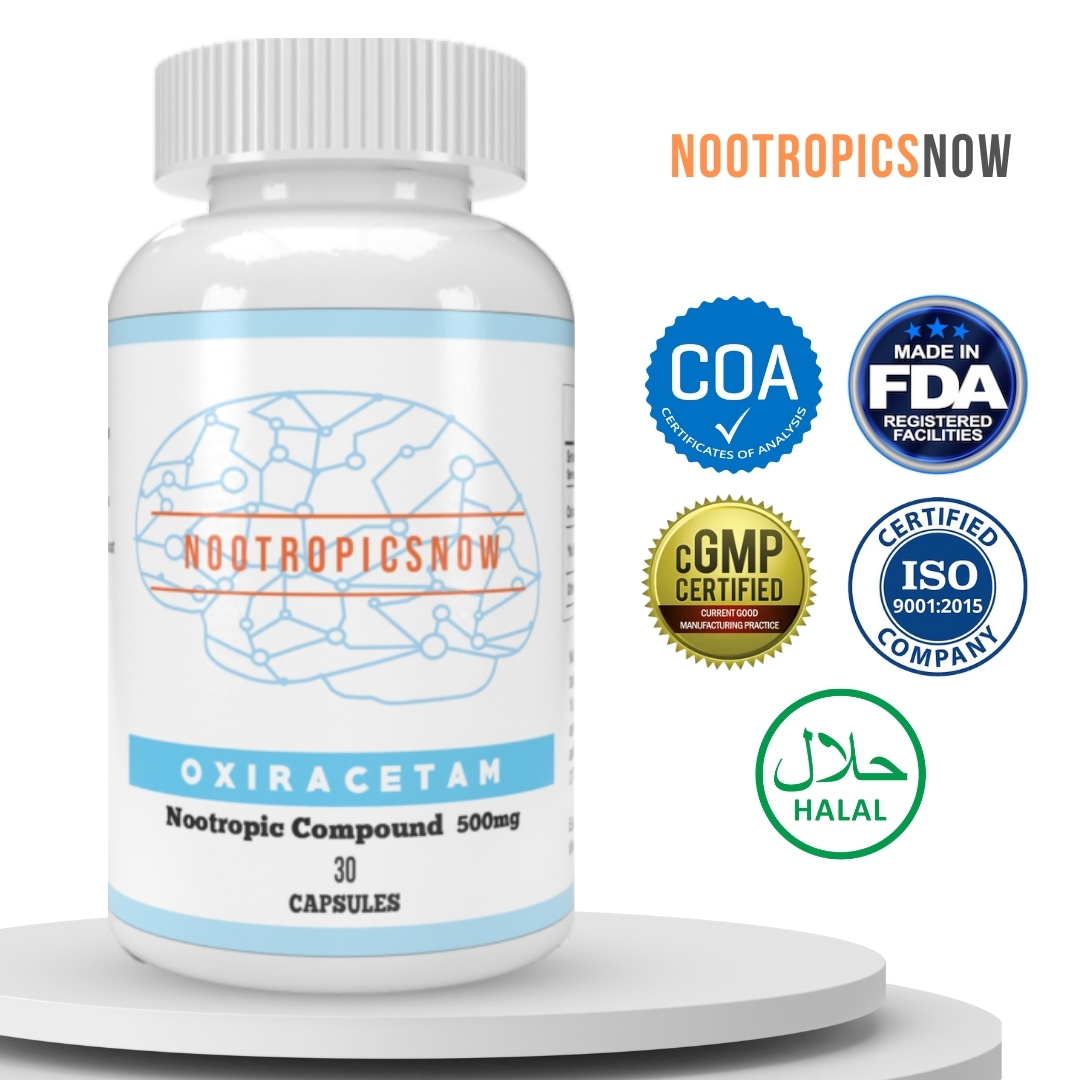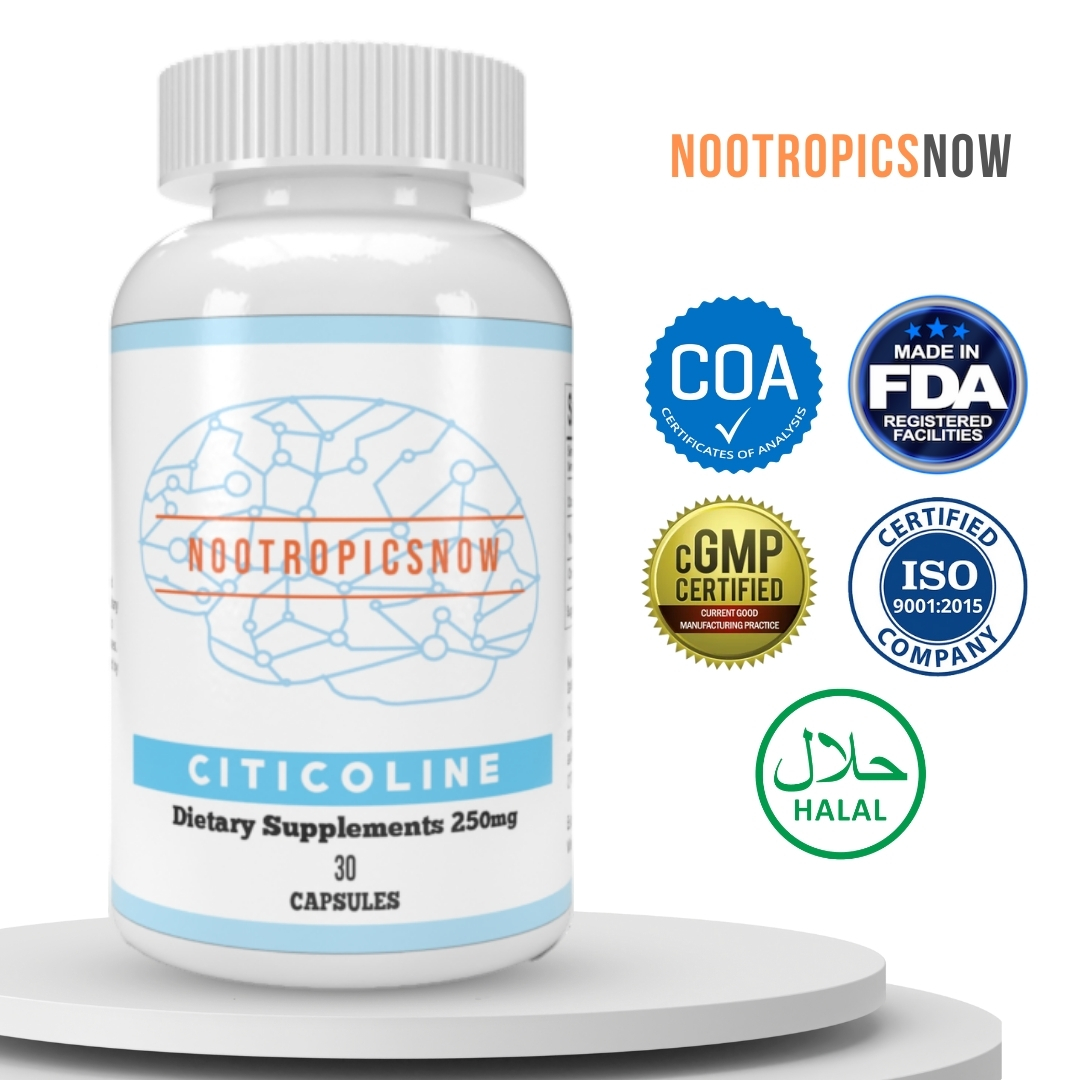Vitamins for Kids’ Brain Health

`markdown
Vitamins for Brain Health in Kids: Nurturing Cognitive Development
Optimal brain development in childhood is paramount for lifelong learning, memory, and overall cognitive function. A balanced diet rich in essential vitamins and minerals is the foundation for a healthy brain. However, sometimes, nutritional gaps exist, making targeted vitamin supplementation a valuable tool. This section explores critical vitamins for kids’ brain health, focusing on their roles, food sources, and appropriate supplementation strategies. We will also address common concerns and provide practical tips for incorporating these nutrients into your child’s daily routine.
The Brain-Boosting Power of Omega-3 Fatty Acids (DHA and EPA)
Omega-3 fatty acids, particularly docosahexaenoic acid (DHA) and eicosapentaenoic acid (EPA), stand out as crucial building blocks for the developing brain. These essential fats contribute significantly to brain cell membrane structure and function. Consequently, they support various cognitive processes, including memory, learning, and attention. Moreover, research suggests that adequate omega-3 intake can positively impact mood and behavior.
Studies have demonstrated the beneficial effects of omega-3 supplementation in children, especially those with Attention-Deficit/Hyperactivity Disorder (ADHD). Evidence suggests that omega-3s can help improve focus, reduce hyperactivity, and enhance overall cognitive performance in this population. Therefore, ensuring sufficient omega-3 intake is vital for supporting brain health across the board.
Food Sources:
Supplementation:
If your child is a picky eater or doesn’t consume enough omega-3-rich foods, supplementation can be a valuable option. Look for high-quality fish oil or algae-based supplements that provide adequate amounts of DHA and EPA. Consider gummy formulations, as many children find them more palatable. It’s also good practice to look for supplements tested by third parties for purity. BrainPack Daily Kids’ gummies are a popular option that provides a palatable and convenient way to ensure optimal omega-3 intake for children.
Important Considerations:
Vitamin D: Sunshine for a Healthy Mind
Often referred to as the “sunshine vitamin,” Vitamin D plays a critical role in overall health, including brain development. Vitamin D influences neuron growth and differentiation, supporting the structural foundation of a healthy brain. In addition, adequate vitamin D levels are essential for maintaining cognitive function and supporting overall developmental processes in children. Studies have shown the critical role of Vitamin D in brain functions and overall child health.
Food Sources:
Supplementation:
Vitamin D deficiency is common, especially in children who live in areas with limited sunlight exposure or have darker skin pigmentation. Vitamin D supplements are available in various forms, including liquids, chewable tablets, and capsules. It’s crucial to consult with your pediatrician to determine the appropriate dosage for your child.
Important Considerations:
B Vitamins (B6, B12, and Folate): Fueling Brain Function
The B vitamins are a family of essential nutrients that work synergistically to support various bodily functions, including brain health. Vitamin B6, Vitamin B12, and folate are particularly important for cognitive development and function. These vitamins are critical for energy production, neurotransmitter synthesis, and nerve repair. Without sufficient B vitamins, brain fog, fatigue, and cognitive decline can occur.
Food Sources:
Supplementation:
B vitamin deficiencies are relatively common, especially in individuals with certain dietary restrictions or medical conditions. Supplementation can help ensure adequate intake of these essential nutrients. B vitamins often come in complex formulations that provide a balanced blend of all the B vitamins.
Important Considerations:
Iron: Oxygen Delivery for Optimal Cognition
Iron is an essential mineral that plays a vital role in oxygen transport throughout the body, including the brain. Iron deficiency can lead to anemia, which can impair cognitive function and development in children. Adequate iron levels are essential for supporting neural connectivity and cognitive abilities.
Food Sources:
Supplementation:
Iron deficiency is a common problem, especially in young children and adolescent girls. Iron supplements are available in various forms, including liquids, tablets, and capsules. It’s crucial to consult with your pediatrician to determine the appropriate dosage for your child and monitor for any potential side effects.
Important Considerations:
Zinc: Supporting Brain Cell Communication
Zinc is an essential mineral that plays a crucial role in brain cell communication and cognitive development. It supports neurotransmitter function and brain cell communication, which are essential for learning, memory, and overall cognitive performance. Zinc deficiency can impair cognitive function and lead to behavioral problems.
Food Sources:
Supplementation:
Zinc supplementation can be beneficial for children who are zinc deficient or have certain medical conditions that impair zinc absorption. Zinc supplements are available in various forms, including tablets, capsules, and lozenges.
Important Considerations:
Magnesium: Regulating Nerve Function and Mood
Magnesium is an essential mineral involved in numerous bodily functions, including nerve function, muscle relaxation, and mood regulation. Magnesium regulates neurotransmitters, promoting healthy brain function and mood stability in children. Magnesium deficiency can lead to anxiety, irritability, and difficulty concentrating.
Food Sources:
Supplementation:
Magnesium supplements are available in various forms, including tablets, capsules, powders, and topical creams. Mag-Focus is a chewable tablet that offers a blend of magnesium and Vitamin B6, providing a convenient and palatable way to support cognitive function and well-being in children.

View Product
Important Considerations:
Vitamin E: Protecting Brain Cells from Damage
Vitamin E is a powerful antioxidant that protects brain cells from oxidative stress and damage. Oxidative stress is a process that can damage cells and contribute to aging and disease. By neutralizing free radicals, Vitamin E helps maintain the integrity of brain cells and supports overall cognitive health. Adequate Vitamin E intake can help improve memory retention and cognitive function.
Food Sources:
Supplementation:
Vitamin E supplements are available in various forms, including capsules and softgels. It’s important to choose a supplement that contains the natural form of Vitamin E, d-alpha-tocopherol, as it is more readily absorbed by the body.
Important Considerations:
Choline: Building Blocks for a Healthy Nervous System
Choline is an essential nutrient for healthy brain development and normal function. It plays a crucial role in developing the nervous system and cell membrane integrity in children. Choline is a precursor to acetylcholine, a neurotransmitter involved in memory, learning, and muscle control. Adequate choline intake is essential for supporting cognitive function and overall brain health.
Food Sources:
Supplementation:
Choline supplements are available in various forms, including capsules, powders, and liquids. CDP-Choline is a popular form of choline that is readily converted to acetylcholine in the brain.

View Product
Important Considerations:
Practical Tips for Incorporating Brain-Boosting Vitamins
By understanding the vital role of vitamins and minerals in brain development and following these practical tips, you can help your child reach their full cognitive potential. A well-nourished brain is a foundation for lifelong learning, success, and overall well-being.
`
The Importance of Early Childhood Nutrition for Brain Development
Optimal nutrition during early childhood significantly impacts brain development, influencing cognitive functions such as learning, memory, and attention. Vitamins and minerals serve as building blocks and catalysts for various neurological processes. Therefore, a balanced intake of these nutrients is essential to support the rapidly growing brain. Furthermore, adequate nutrition during this critical period not only supports immediate cognitive functions but also lays the foundation for long-term brain health and academic success.
Key Vitamins and Minerals for Kids’ Brains
Ensuring an adequate intake of specific vitamins and minerals is crucial for optimizing a child’s brain function and overall cognitive development. The following sections detail the key nutrients and their roles.
1. Omega-3 Fatty Acids (DHA and EPA): The Brain’s Building Blocks
Omega-3 fatty acids, specifically docosahexaenoic acid (DHA) and eicosapentaenoic acid (EPA), are essential for brain health. DHA is a major structural component of brain cell membranes, influencing their fluidity and function. Studies show that adequate DHA intake supports cognitive development, improves learning abilities, and enhances memory function[1][2][5]. EPA, on the other hand, possesses anti-inflammatory properties that can protect brain cells from damage. Together, DHA and EPA promote healthy brain aging and reduce the risk of cognitive decline later in life.
2. Vitamin D: The Sunshine Vitamin for Brain Growth
Vitamin D is crucial for brain development and functioning. It influences neuron growth and helps regulate brain function, supporting developmental processes in children[1][2]. Vitamin D receptors are found throughout the brain, indicating its widespread impact on cognitive processes. Adequate vitamin D levels are associated with improved mood, better cognitive performance, and reduced risk of neurodevelopmental disorders.
3. B Vitamins (B6, B12, and Folate): Essential for Neurotransmitter Production
B vitamins, particularly B6, B12, and folate, are essential for brain health. They play a significant role in energy production and the creation of neurotransmitters, which are chemicals that transmit signals in the brain[1][2]. B12 is crucial for nerve repair and helps create red blood cells that carry oxygen to the brain, supporting cognitive functions. Folate is vital for DNA synthesis and cell growth, both of which are essential for brain development. A deficiency in B vitamins can lead to cognitive impairments, mood disorders, and developmental delays.
4. Iron: The Oxygen Transporter for Brain Function
Iron is vital for cognitive functioning and development. It facilitates oxygen transport to the brain, supporting neural connectivity and cognitive abilities[1]. Iron deficiency can lead to anemia, which impairs oxygen delivery to the brain, resulting in fatigue, poor concentration, and impaired cognitive performance. Iron is particularly important during periods of rapid brain growth, such as infancy and adolescence.
5. Zinc: Essential for Brain Cell Communication
Zinc is essential for brain cell communication and cognitive development. It aids in neurotransmitter function and brain cell communication, which are essential for cognitive development[1]. Zinc is involved in various enzymatic processes in the brain and is crucial for synaptic plasticity, which is the brain’s ability to adapt and learn. Zinc deficiency can lead to impaired cognitive function, learning difficulties, and behavioral problems.
6. Magnesium: The Mood Regulator for Brain Health
Magnesium is known for its role in nerve function and mood regulation. It regulates neurotransmitters, promoting brain function and mood stability in children[1][3]. Magnesium is involved in over 300 enzymatic reactions in the body and is crucial for nerve transmission, muscle function, and energy production. Magnesium deficiency can lead to irritability, anxiety, sleep disturbances, and impaired cognitive function.
7. Vitamin E: The Antioxidant Protector for Brain Cells
Vitamin E acts as a powerful antioxidant, safeguarding brain cells from oxidative stress and damage. This supports overall cognitive health and can help improve memory retention[1][2]. Vitamin E protects the brain from harmful free radicals that can damage cell membranes and impair cognitive function. Adequate vitamin E intake is associated with improved cognitive performance and a reduced risk of age-related cognitive decline.
8. Choline: Essential for Nervous System Development
Choline is an essential nutrient for healthy brain development and normal function. It plays a crucial role in developing the nervous system and cell membrane integrity in children. Choline is a precursor to acetylcholine, a neurotransmitter involved in memory, learning, and muscle control. Adequate choline intake is particularly important during pregnancy and early childhood when the brain is undergoing rapid development.
Creating a Brain-Boosting Diet for Your Child
To ensure your child gets all the necessary vitamins and minerals for optimal brain health, focus on creating a balanced and nutritious diet. Here are some practical tips:
Supplementation: When is it Necessary?
While a balanced diet should be the primary source of vitamins and minerals, supplementation may be necessary in certain situations. Consider supplementation if:
Important Note: Always consult with a pediatrician or registered dietitian before starting any new supplements for your child. They can assess your child’s individual needs and recommend appropriate dosages and formulations.
Lifestyle Factors that Support Brain Health
In addition to nutrition, several lifestyle factors can significantly impact brain health and cognitive development in children.
Choosing Quality Supplements
When selecting supplements for your child, it is essential to choose high-quality products that have undergone third-party testing to ensure safety and efficacy[2][3]. Look for supplements that:
Conclusion
Supporting your child’s brain health is a lifelong investment that begins with proper nutrition and a healthy lifestyle. By ensuring an adequate intake of essential vitamins and minerals, promoting regular physical activity, providing cognitive stimulation, and managing stress, you can help your child reach their full cognitive potential and thrive in all aspects of life. Remember to consult with a healthcare professional before making any significant changes to your child’s diet or supplementation routine.

